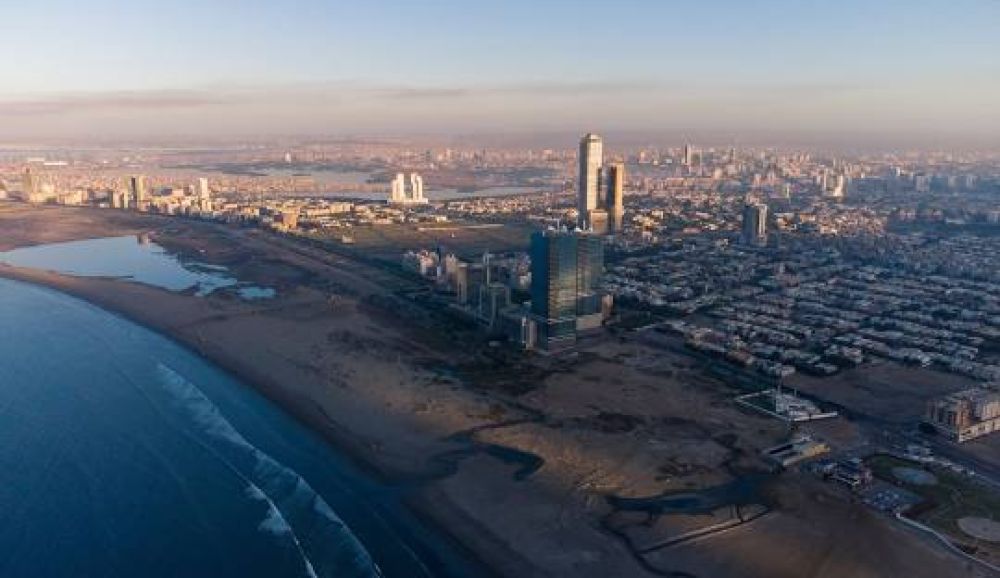

Karachi, the largest and most populous city in Pakistan, has a rich history that dates back to its establishment as a fortified village more than three centuries ago. With a strategic position on the Arabian Sea, Karachi has always been an important trading port and a gateway for travelers entering Pakistan.
Karachi's modern history as a tourist destination began with the British colonization in the 19th century. The construction of the port in 1854 turned Karachi into a major hub for sea trade, attracting not only merchants but also travelers intrigued by its cultural diversity and economic vigor. During the British Raj, the city expanded rapidly and saw the development of several architectural marvels, many of which remain key attractions today, such as the Karachi Port Trust Building, Frere Hall, and the Empress Market.
After Pakistan's independence in 1947, Karachi became the country's first capital, which increased its prominence as a center of political and social activity. This period saw the influx of immigrants, which added to the cultural tapestry and became a draw for cultural tourism. The city's coastal location and beaches like Clifton and Sandspit became popular for domestic tourism.
The late 20th and early 21st centuries brought challenges to Karachi's tourism sector, primarily due to social and political instability. However, efforts have been made to rejuvenate its image and attract tourists to its historical landmarks, bazaars, and the bustling port area.
Currently, Karachi is witnessing a revival in tourism thanks to improved security measures and infrastructure investments. One example is the development of Port Grand, a food and entertainment complex that has quickly become a must-visit destination for locals and tourists alike. Additionally, the city's rich culinary scene, with flavors from across the subcontinent, has turned Karachi into a destination for food tourism.
Cultural festivals and art exhibitions are gaining popularity, showcasing the city's contemporary and traditional art scenes. Eco-tourism is another focus, with initiatives to clean up beaches and establish eco-friendly policies. Karachi's tourism landscape is gradually adapting to global trends, focusing on sustainability and experiential travel.
Karachi's tourism history reflects its transformation from a small fishing village to a sprawling metropolitan city. With its reputation as the financial and economic hub of Pakistan, this vibrant city continues to forge a path towards becoming an accessible and captivating destination for tourists from around the world.